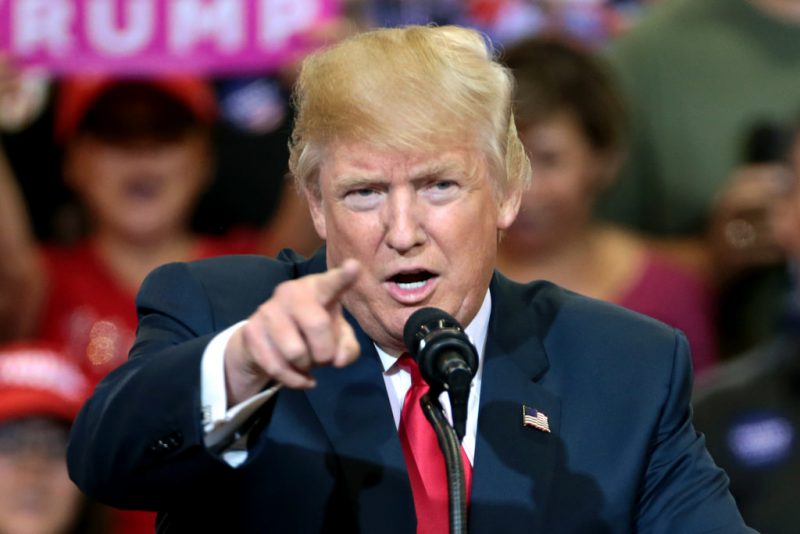Last Thursday afternoon in a press conference the 45th President of the United States declared the Opioid Epidemic a “National State of Emergency”.
“The opioid crisis is an emergency, and I’m saying officially right now it is an emergency,” he told reporters at his golf resort in Bedminster, New Jersey. “It’s a national emergency. We’re going to spend a lot of time, a lot of effort, and a lot of money on the opioid crisis.”
What is a State of Emergency?
For those of us who don’t work in government, a “state of emergency” can sound frightening, but what does it actually mean? A government or division of government (i.e. on a municipal, provincial/state level) may declare that their area is in a state of emergency. This means that the government can suspend and/or change some functions of the executive, the legislative and/or the judiciary during this period of time. It alerts citizens to change their normal behavior and orders government agencies to implement emergency plans and frees up disaster funding for cities and states dealing with the epidemic.
Refresher on the Opioid Epidemic
A lot of people don’t know that the gist of the has been happening in the early 1990s when doctors came more aware of chronic back and muscle pain many Americans were facing. And because of this need pharmaceutical companies created opioids to meet this demand but the public and doctors were vastly unaware of the long term side effects these pills could cause.
Fast forward to early 2010s where addiction and abuse of opioids are at an all time high, especially in the United States. And once users started seeking out a stronger high, or move on to other kinds of opioids, heroin abuse was on a huge upswing.
There is a lot of speculation as to why this happened, many believe doctors were getting paid to prescribe these highly addictive drugs, others believed pharmaceutical companies knew of the addictive elements of opioids early on and wanted to get people hooked but regardless on average 90 people die every day from opioid abuse. And by 2027, as many as 650,000 people will die from this prescription drug abuse if it is not stopped.
What can we do?
From a citizens’ perspective, all we can do is help those we see in need by directing them to the nearest substance abuse counseling program and helping them kick this deadly habit. From a government perspective, declaring the opioid crisis a national state of emergency is the first step in a long series of pieces to fix this disaster before we lose any more of our fellow Americans.
Did you know Accredited Drug Testing now offers testing for expanded opiates? If you are or know of a loved one in danger of opioid prescription abuse, call 800-221-4291 to schedule your test today and take the first step on the road to recovery.

